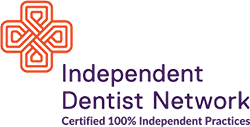Did you know that problems with your jaw can cause tension headaches, even migraines?
Some people simply refer to this condition as jaw tension, and it is in some ways, but the cause goes deeper than merely saying tension in the jaw is causing headaches.
Why is the jaw suffering tension in the first place?
That’s the real question.
What Is TMD?
The joint that connects the jaw to the skull is called the temporomandibular joint (TMJ). When this joint is not functioning correctly or is suffering from some issue, the condition is referred to as temporomandibular joint disorder (TMD).
When the temporomandibular joints are functioning as they should, the result is a very fluid motion of the jaw as it opens and closes. The jaw affects the muscles that work the jaw, and when everything is in order, these muscles work effortlessly to perform their task of opening and closing the jaw.
However, if the temporomandibular joints are out of alignment, this simple action is anything but smooth and effortless. The muscles have to work harder, the jaw may click or even lock on occasion. This causes a build up of tension which can then go on to cause headaches and migraines.
Symptoms of TMD
One of the more common symptoms is the clenching and grinding of the teeth, as well as headaches and migraines. Some other symptoms include the following:
- Locking jaw and imitations on jaw motion
- Tinnitus and Ear pain
- Vertigo
- Facial Pain
- Breaking and cracking of teeth
- Insomnia
- Trigeminal Neuralgia
- Difficulty biting and chewing
To name just a few of the symptoms of possible TMD.
What Causes TMD?
Suffering from an injury such as whiplash can bring about TMD, as well as numerous other injuries from playing various sports, and indulging in physical activities.
- Dislocation or displacement of the disk in the temporomandibular joints
- Joint Trauma
- Malocclusion of the teeth
- Airway obstruction
- Rheumatoid arthritis
Your Neuromuscularly-trained Dentist Can Help
Not only can your Neuromuscular dentist diagnose a TMD, they can also implement a treatment plan to both relieve the symptoms and correct the problem.
Some treatments will include:
- Exercises
- Trigger point therapy
- Hot and cold treatments
- Occlusal adjustments
- Relaxation of the temporomandibular joints
More intense treatments may require neuromuscular orthotics or even surgery to correct a misaligned jaw.
At Advanced Dental Care Clinic on the Gold Coast, we are happy to serve you for:
- General dentistry
- Emergency dentist care
- Orthodontics
- Laser whitening
- Dentures
- Dental Implants
- FastBraces



